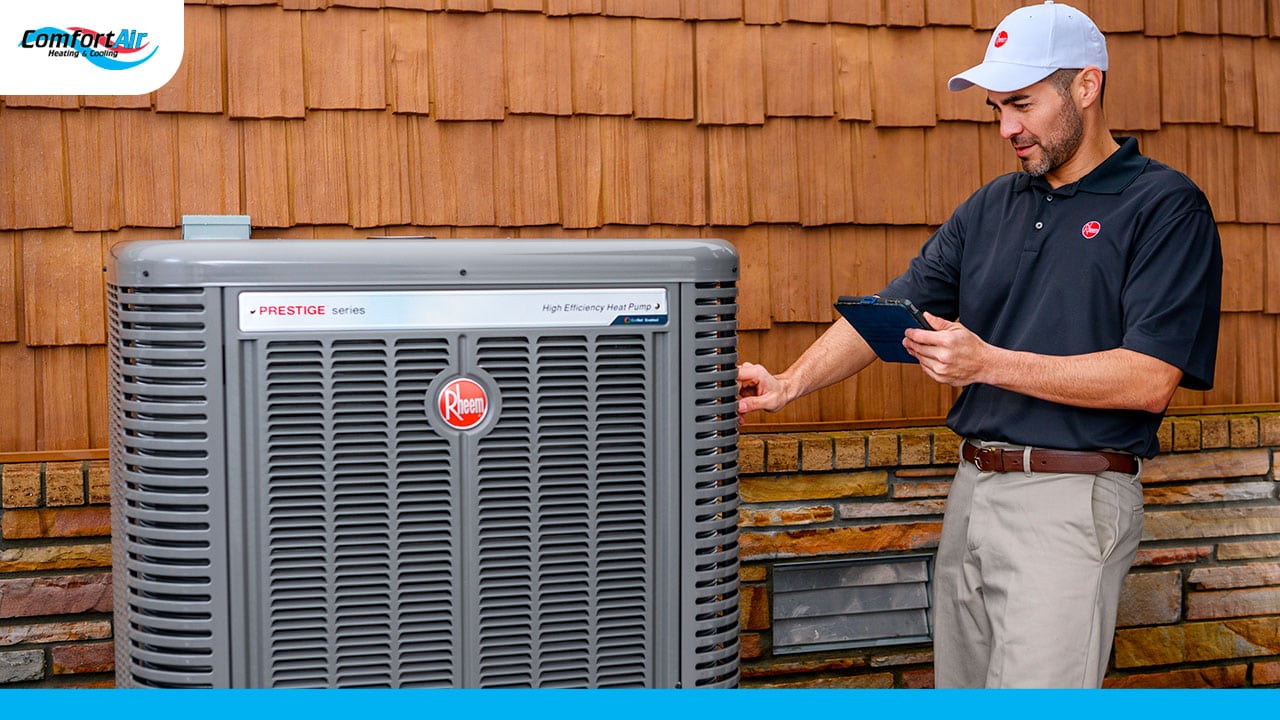What Are The Best Ac Units

Choosing the right air conditioning unit is a significant investment, one that impacts comfort, energy bills, and the overall value of your property. This comprehensive guide explores the best AC units available, considering factors relevant to homeowners, HVAC technicians, and facility managers alike. We'll delve into types of systems, efficiency ratings, cost considerations, and the latest technologies shaping the cooling industry.
Understanding Air Conditioning Systems
Before diving into specific models, it's crucial to understand the different types of AC systems and their suitability for various applications.
Central Air Conditioners
Central AC systems are the most common choice for homes and larger buildings. They consist of two main components: an outdoor unit containing the compressor and condenser coil, and an indoor unit (usually a furnace or air handler) containing the evaporator coil. Refrigerant circulates between these units, absorbing heat from the indoor air and releasing it outside. Air is distributed throughout the building via ductwork.
Pros: Efficient cooling for entire buildings, relatively quiet operation indoors, can be integrated with existing ductwork.
Cons: Higher upfront cost, requires ductwork, potential for duct leakage to reduce efficiency.
Ideal for: Homes with existing ductwork, new construction, buildings requiring consistent temperature throughout.
Ductless Mini-Split Systems
Ductless mini-split systems offer a flexible alternative to central AC, especially for homes without ductwork or for targeted cooling in specific zones. These systems consist of an outdoor unit and one or more indoor units (air handlers) mounted on walls or ceilings. Each indoor unit can be controlled independently, allowing for customized temperature settings in different rooms.
Pros: Easy installation (no ductwork required), energy-efficient (especially inverter-driven models), individual zone control, quiet operation.
Cons: Higher upfront cost compared to window units, visible indoor units may not appeal to all aesthetics.
Ideal for: Homes without ductwork, additions, sunrooms, offices, or any space requiring individual temperature control.
Window Air Conditioners
Window AC units are self-contained systems designed to cool a single room. They are the most affordable option and easy to install, making them suitable for small apartments or temporary cooling solutions. They contain all components – compressor, condenser, evaporator, and fan – within a single unit that sits in a window.
Pros: Low upfront cost, easy installation, portable.
Cons: Noisy operation, less energy-efficient than other options, limited cooling capacity, obstructs window view.
Ideal for: Small apartments, single rooms, temporary cooling needs.
Portable Air Conditioners
Portable air conditioners are similar to window units but are on wheels and can be moved from room to room. They exhaust hot air through a hose that is typically vented out a window. While convenient, they are generally less efficient than window units.
Pros: Portable, no permanent installation required.
Cons: Noisy operation, less energy-efficient than window units, requires window venting, can be bulky.
Ideal for: Rooms where window installation is not possible, temporary cooling needs.
Geothermal Heat Pumps
While technically a heat pump and capable of both heating and cooling, geothermal systems utilize the earth's constant temperature to provide highly efficient cooling. They circulate a refrigerant through underground pipes, exchanging heat with the earth. This provides superior efficiency compared to air-source heat pumps.
Pros: Extremely energy-efficient, long lifespan, can provide both heating and cooling, environmentally friendly.
Cons: High upfront cost due to underground installation, requires suitable land.
Ideal for: Homeowners seeking the most energy-efficient and environmentally friendly option, larger properties with suitable land.
Efficiency Ratings: SEER, EER, and HSPF
Understanding efficiency ratings is crucial for comparing different AC units and estimating long-term energy costs. Here's a breakdown of the key metrics:
- SEER (Seasonal Energy Efficiency Ratio): Measures the cooling efficiency of a central AC system over an entire cooling season. The higher the SEER rating, the more efficient the unit. Modern units typically range from 14 SEER to 28 SEER. A 16 SEER unit will use significantly less energy than a 13 SEER unit.
- EER (Energy Efficiency Ratio): Measures the cooling efficiency of an AC unit at a specific operating point (e.g., 95°F outdoor temperature and 80°F indoor temperature). EER is useful for comparing the performance of units under peak cooling conditions.
- HSPF (Heating Seasonal Performance Factor): While primarily used for heat pumps, HSPF measures the heating efficiency of a heat pump over an entire heating season. It's relevant when considering heat pumps for both heating and cooling.
Important Note: Higher SEER ratings generally come with a higher upfront cost. The payback period for a more efficient unit depends on your climate, energy rates, and usage patterns. A qualified HVAC technician can help you calculate the potential savings.
Key Features to Consider
Beyond the basic type of AC system and efficiency ratings, consider these additional features:
- Inverter Technology: Inverter-driven compressors can modulate their speed to match the cooling demand, resulting in more consistent temperatures and higher energy efficiency. Traditional compressors cycle on and off, leading to temperature fluctuations and energy waste.
- Smart Controls: Smart thermostats and app-based controls allow you to remotely monitor and adjust your AC system, optimizing energy usage and comfort. Some systems can even learn your preferences and automatically adjust settings.
- Variable-Speed Blowers: Variable-speed blowers in central AC systems can improve airflow and dehumidification, resulting in more consistent temperatures and better air quality.
- Air Purification: Some AC units incorporate air filters or UV lights to remove allergens, dust, and other pollutants from the air. This is particularly beneficial for individuals with allergies or respiratory issues.
- Noise Levels: Consider the noise levels of both the indoor and outdoor units, especially if you have neighbors or sensitive ears. Look for units with decibel (dB) ratings below 60 dB.
Top AC Unit Brands and Models
While specific model recommendations vary depending on your needs and budget, here are some of the top brands known for their quality, performance, and reliability:
- Carrier: Known for their innovation and high-efficiency models, including the Infinity series.
- Trane: Offers a wide range of AC units, from basic models to high-end systems with advanced features.
- Lennox: Known for their quiet operation and energy efficiency, particularly the Dave Lennox Signature Collection.
- Goodman: Offers a more affordable option without sacrificing reliability.
- Mitsubishi Electric: A leading manufacturer of ductless mini-split systems, known for their quiet operation and energy efficiency. Mr. Slim models are especially popular.
It's always recommended to get quotes from multiple HVAC contractors and compare their recommendations based on your specific needs and budget.
Cost Considerations: Installation and Maintenance
The total cost of an AC unit includes not only the purchase price but also installation and ongoing maintenance. Installation costs vary depending on the complexity of the job, the type of system, and your location. Regular maintenance, such as cleaning coils and replacing air filters, is essential for maintaining efficiency and extending the lifespan of your AC unit.
Estimated Costs:
- Window AC Unit: $150 - $500 (installation typically DIY)
- Portable AC Unit: $300 - $800 (installation typically DIY)
- Ductless Mini-Split System: $3,000 - $8,000 per zone (professional installation required)
- Central AC System: $4,000 - $12,000 (professional installation required)
- Geothermal Heat Pump: $20,000 - $40,000 (professional installation required)
Maintenance Tips:
- Clean or replace air filters regularly (every 1-3 months).
- Clean the outdoor condenser coil annually.
- Schedule professional maintenance checks annually.
- Keep the area around the outdoor unit clear of debris.
Conclusion
Choosing the best AC unit requires careful consideration of your individual needs, budget, and climate. By understanding the different types of systems, efficiency ratings, and key features, you can make an informed decision that will provide years of comfortable and efficient cooling. Always consult with a qualified HVAC professional to assess your specific needs and recommend the best solution for your home or building. Remember that regular maintenance is key to maximizing the lifespan and efficiency of any AC system.
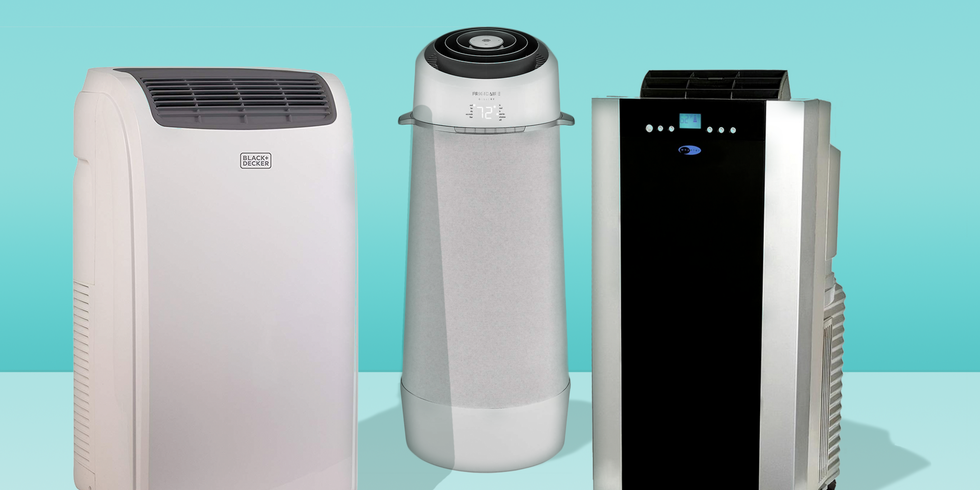
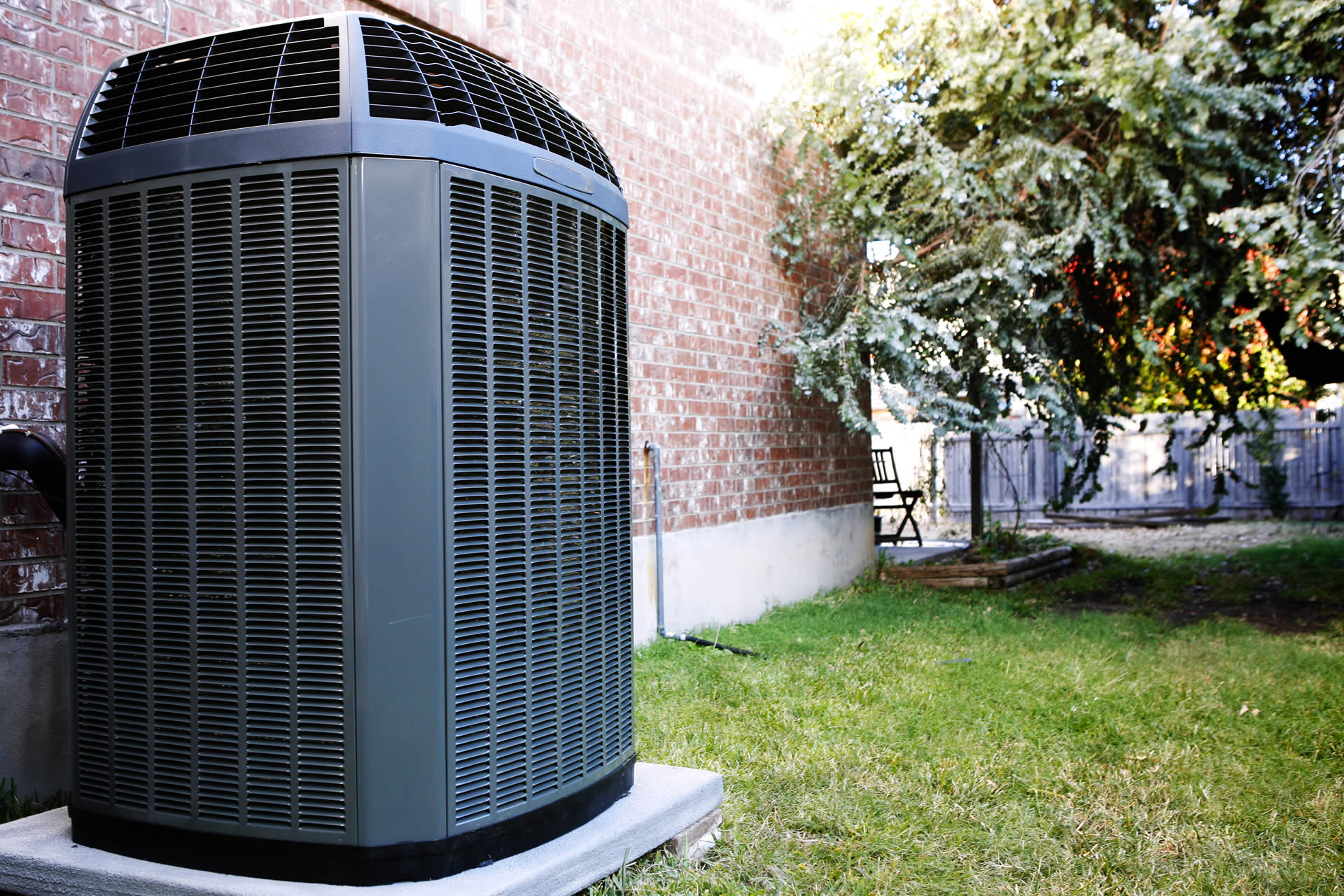

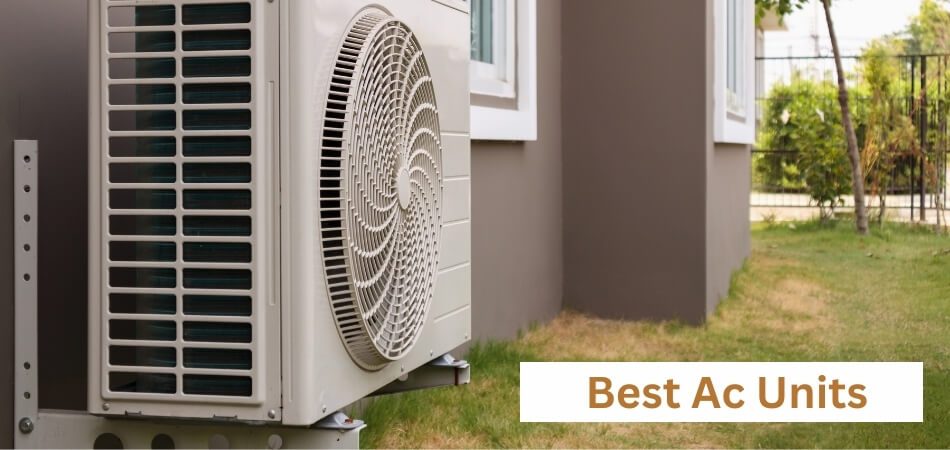
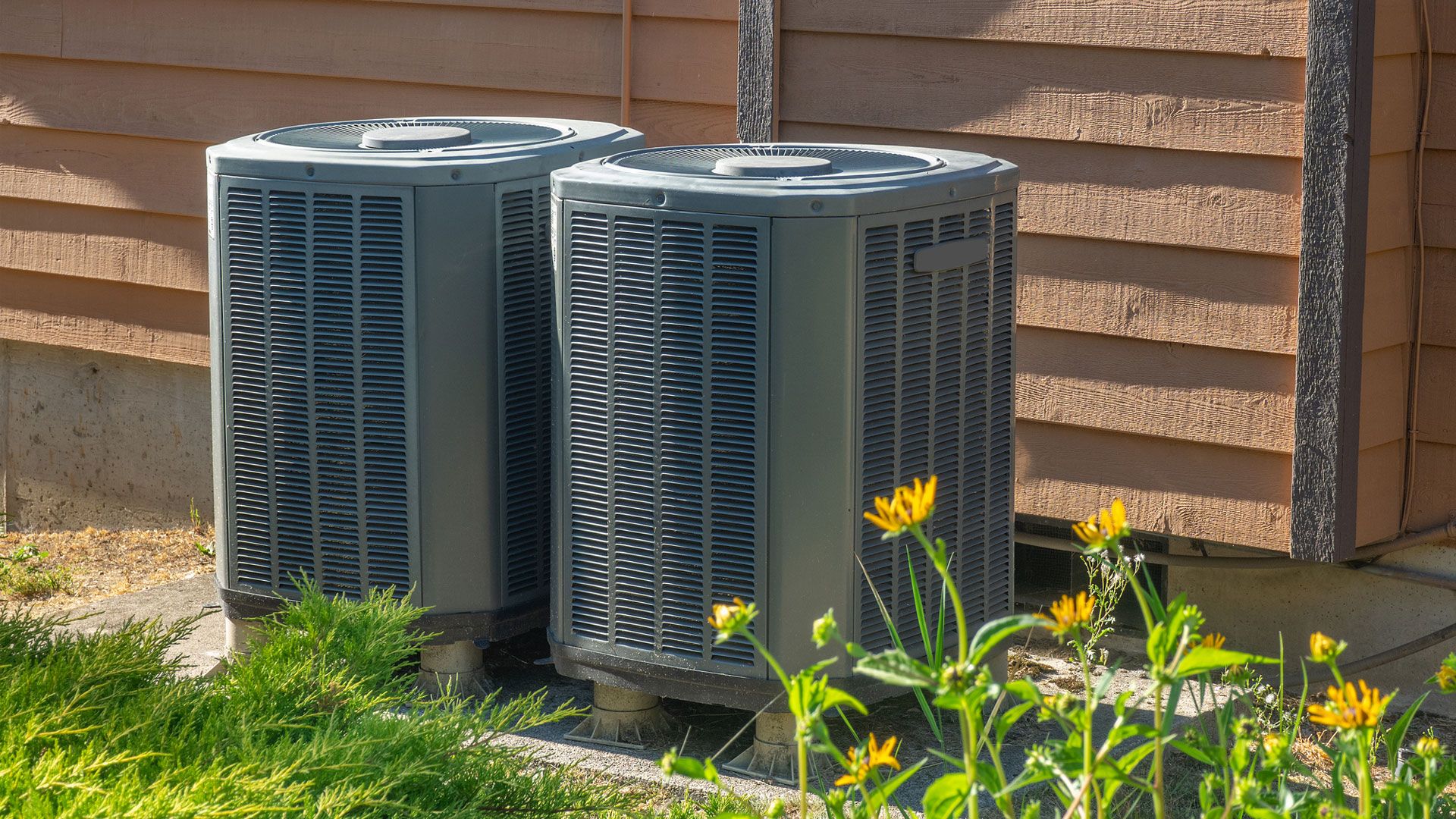

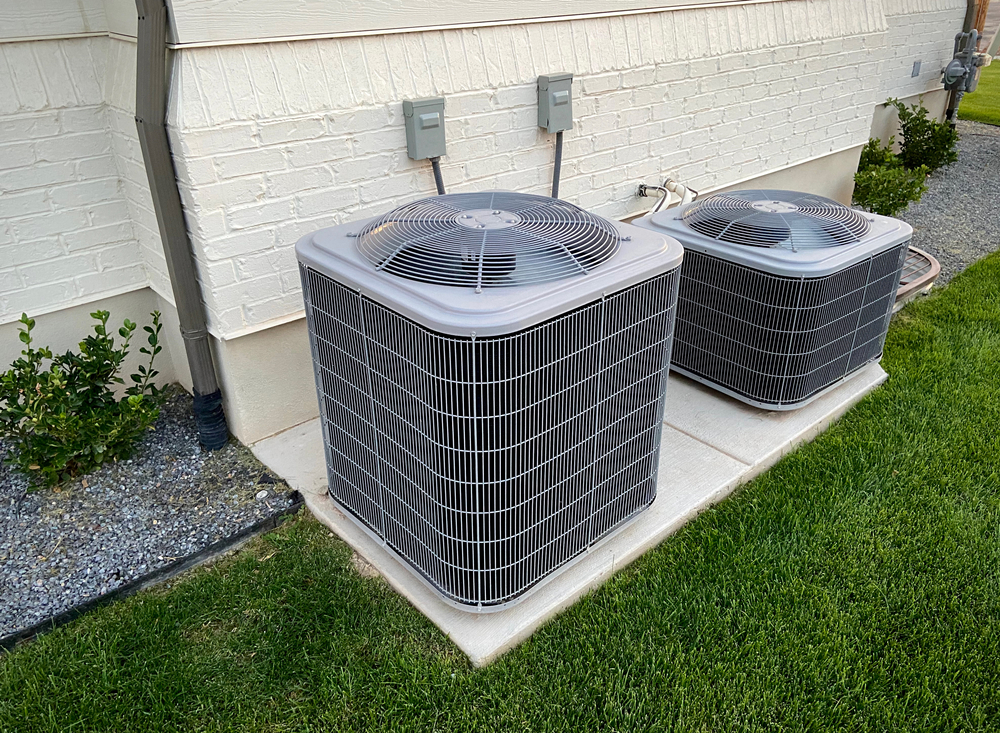
/residential-air-conditioning-units-556557331-580f81385f9b58564cee1e11.jpg)
